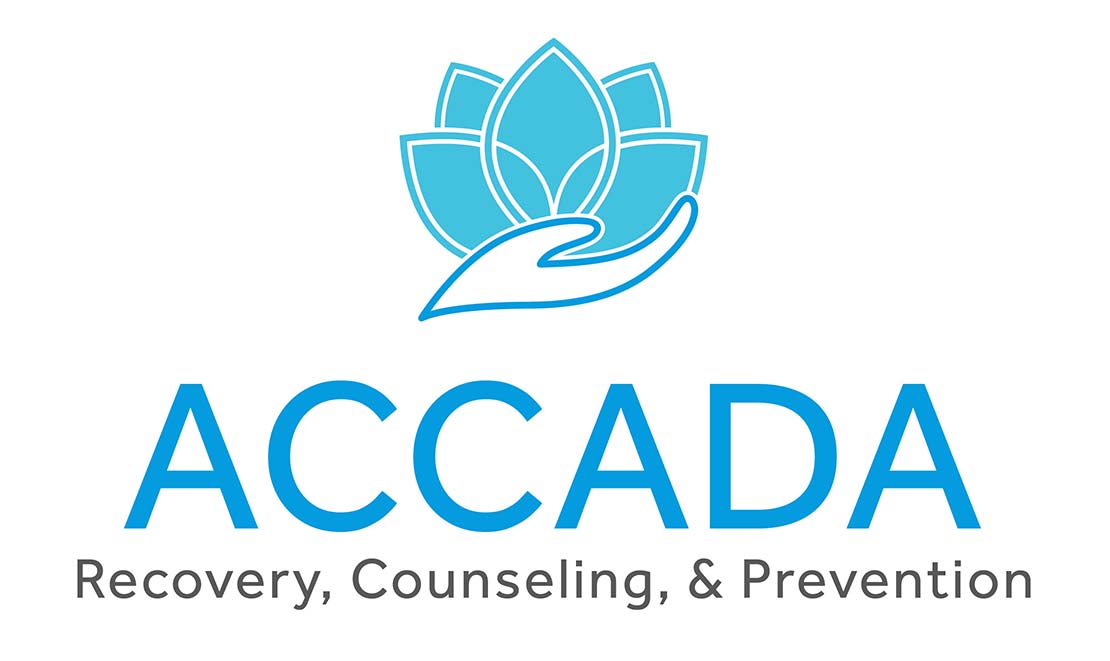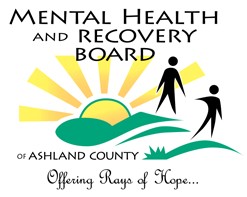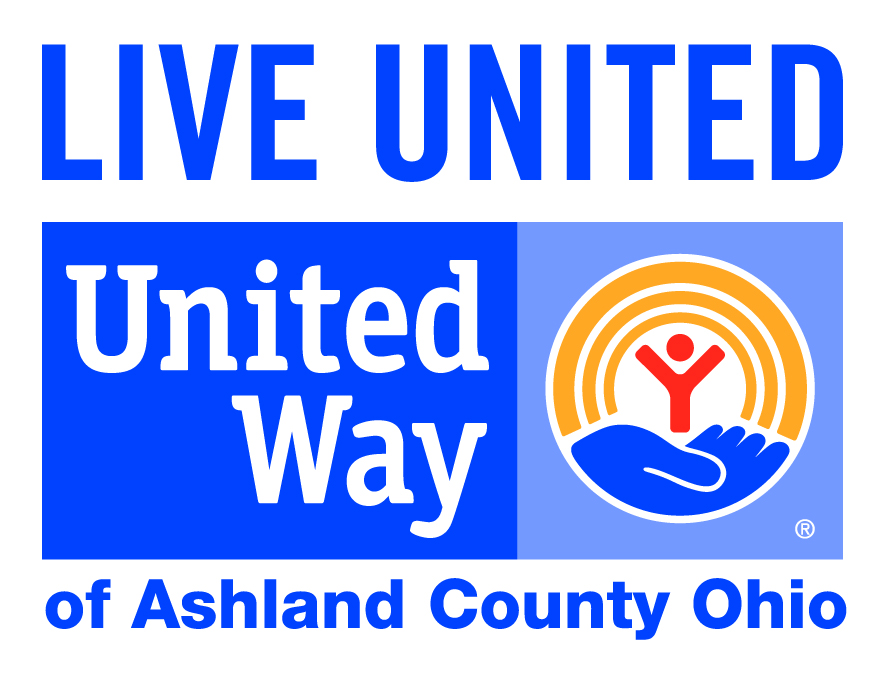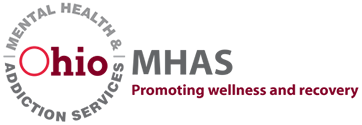What to Expect from Opioid Withdrawal

That’s it. You’ve decided to put an end to this cycle of addiction and begin recovery. This is a huge step! Because of the potent power of opioids, many people have a very hard time quitting, whether they’ve taken opioids as a prescription or illicitly. It doesn’t really matter why you started using opioids; the brain responds the same way no matter what.
But opioids don’t have to have the last word.
With proper resources, knowledge, and support, we know you can win this battle.
Causes of Opioid Withdrawal
Opioid withdrawal happens because taking these drugs has a chemical effect on your brain. They literally change the way your brain operates. Over time, your brain becomes accustomed to the effects of opioids. This is why you need more and more of the drug to feel any sense of normalcy. Because the physical characteristics of your brain have changed to accommodate the opioids, when you try to quit, your brain essentially panics as it tries to adjust to operating without the drug.
If you’ve tried to reduce or stop using opioids before, you may have already experienced opioid withdrawal. Everyone experiences opioid withdrawal to varying degrees, depending on how long you’ve been using; whether you’ve detoxed in the past; whether you have anxiety, depression, or medical complications; or whether you’re taking other substances at the same time. Some people find withdrawal to be mildly disturbing while others find it to be terribly hard to go through..
Symptoms of Opioid Withdrawal
The timing of opioid withdrawal varies depending on the types of opioids you’re taking, but generally speaking, the first symptoms of opioid withdrawal develop quickly, within 6 to 24 hours after your last dose. You can learn more about short-acting and long-acting opioids here.
Initial withdrawal symptoms can include high cravings for opioids, nausea and vomiting, anxiety, flu-like symptoms, sweating, body aches and muscle pains, and depression. Sometimes, additional symptoms develop around 72 hours. These include even worse gastrointestinal issues, intense mood swings, hypertension, and severe body aches and pains.
For over 90% of recovering opioid users, withdrawal symptoms can persist for weeks, or even months. This is called post-acute withdrawal syndrome, or PAWS. Some of the lingering symptoms of PAWS include anger and cynicism, depression or apathy, relationship difficulties, increased sensitivity to stress, sleep issues, memory and problem solving problems, and intensified anxiety.
Safely Navigate Opioid Withdrawal
Because of how addictive opioids can be, many people who want to quit using can’t do it on their own. That’s why it’s so important to seek help from medical professionals to get the support you need to recover and prevent relapses. Many individuals have successfully entered recovery with medical detox support.
Individuals who participate in medical detox receive constant care and compassion in a safe environment away from the stress and triggers of daily life. These professionals help design and implement a recovery plan that is customized to you and your personal history, helping you navigate the effects of withdrawal that can make you especially vulnerable.
There are several medications that have been approved for opioid withdrawal: methadone, buprenorphine, and naltrexone. All three of these medications can help with withdrawal symptoms and prevent a relapse. Medications are administered based on your personal history and the discretion of the medical professional who is managing your treatment plan.
Trying to detox on your own from opioids can be difficult and downright frightening. But you don’t have to do it alone. Connect with us to find the resources and support you need to get a fresh start, free from the toxins that have taken over your life. ACCADA is a caring and compassionate team of people who are committed to seeing more and more individuals in Ashland County recover from substance misuse and addiction. We’re here to help.
« Back to Blog


